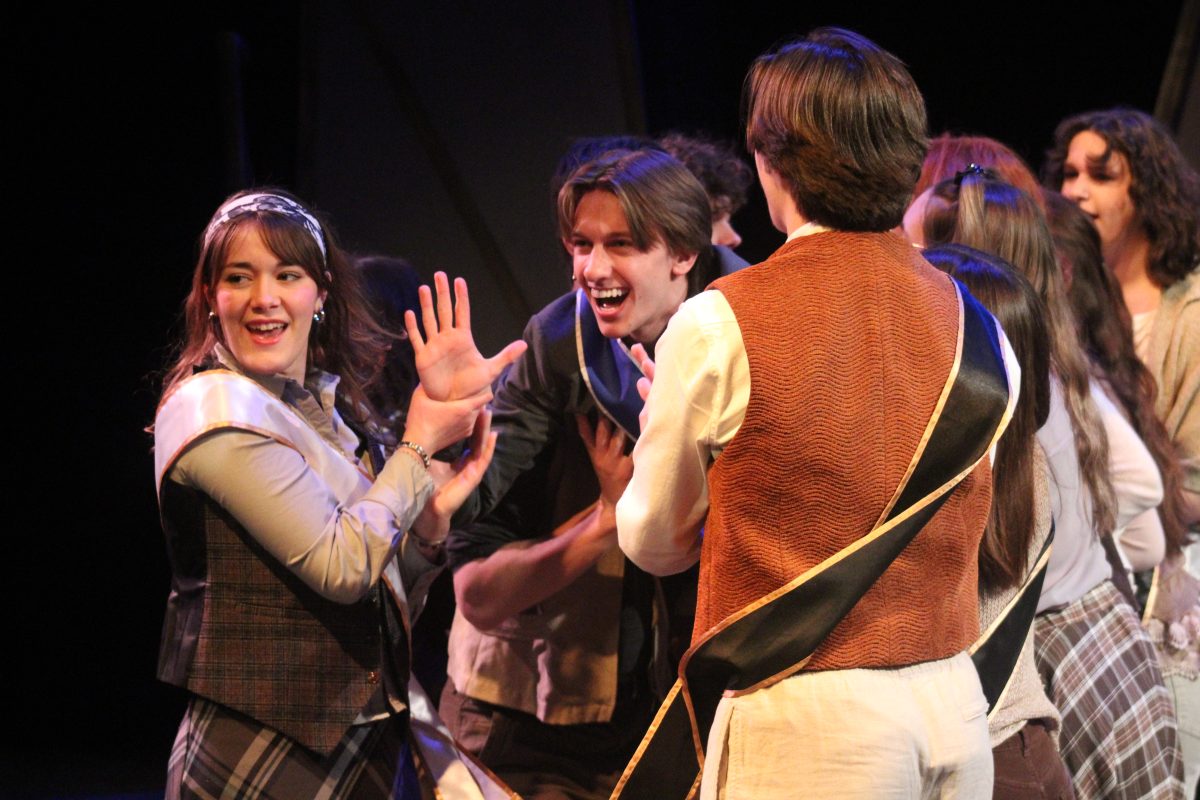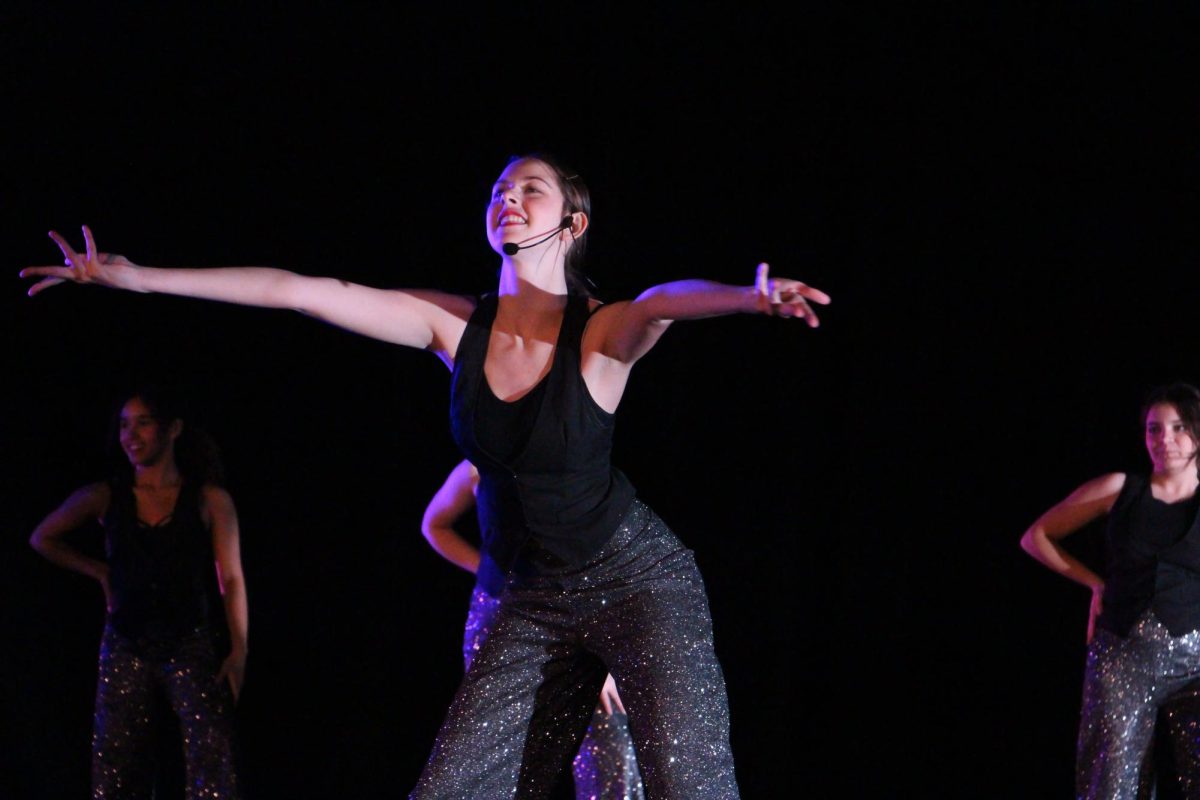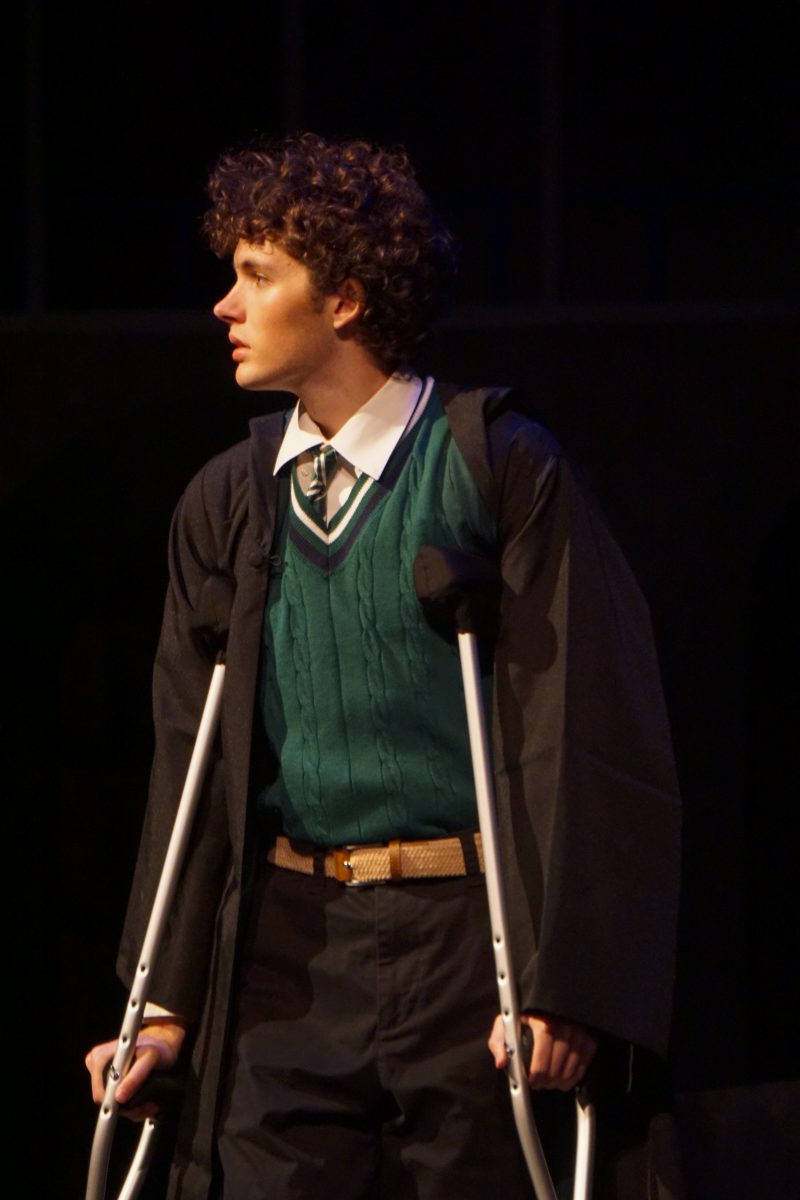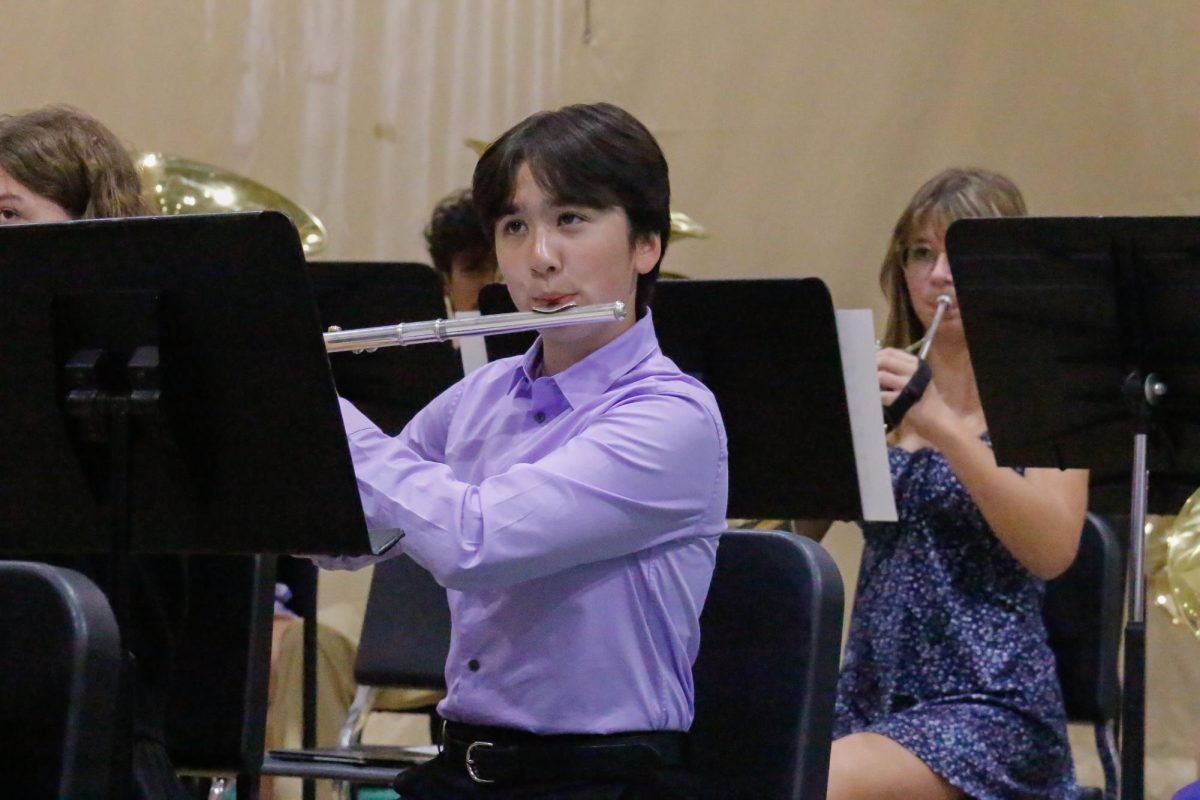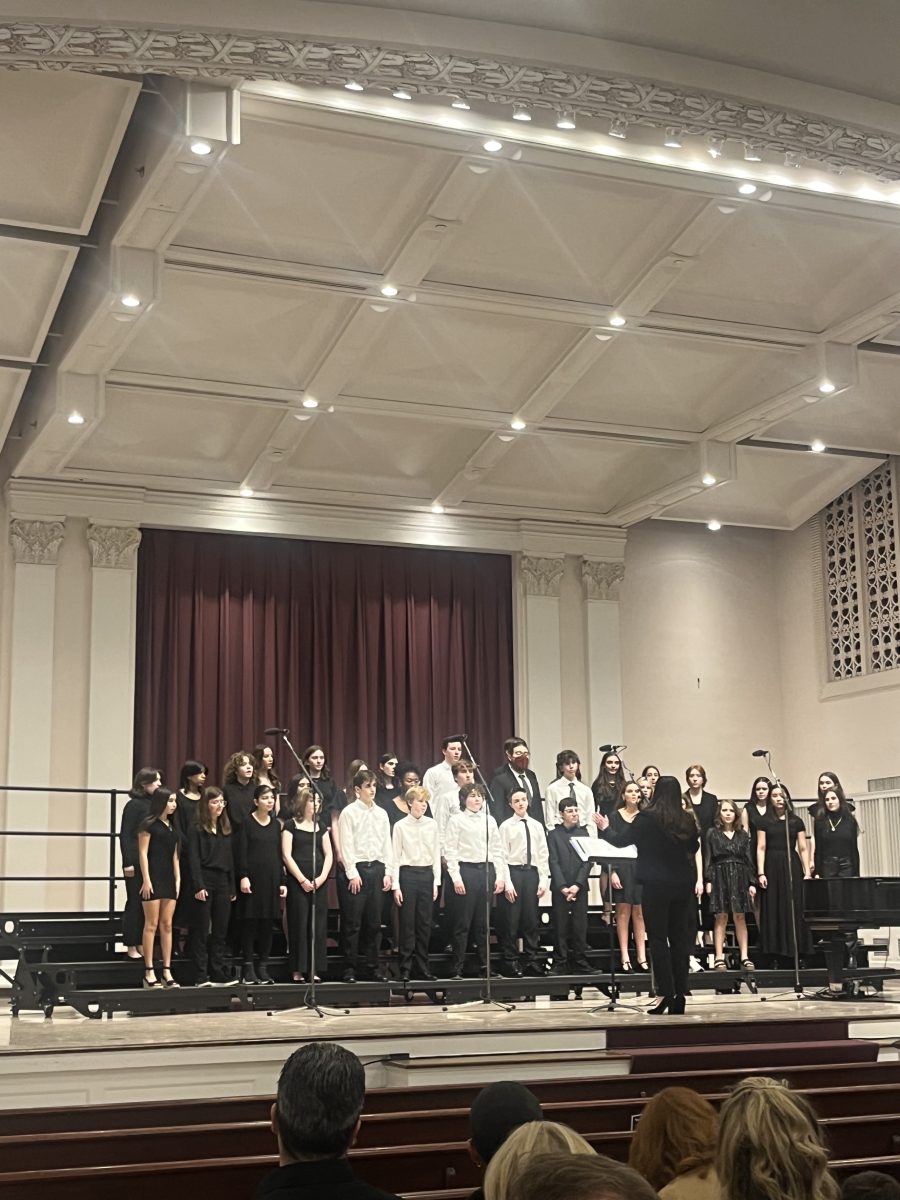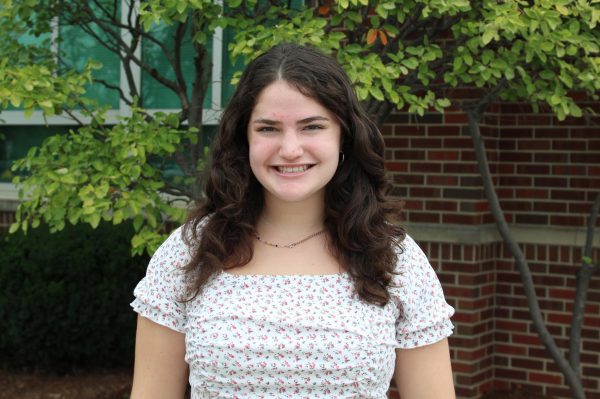The York Drama Department has long strived to introduce challenging material to audience members and cast members alike. In their most recent production, Senza Luce, the program took an innovative approach in performing a show that had never been performed before. Learning new techniques alongside the original writers and composers of the show, gave students a unique opportunity.
Hidden in the shadows of the Italian Alps, the town of Senza Luce is home to people who have no knowledge of the sun’s existence. The fable follows Paulo and Lucia, two young community members who discover the light but struggle to bring the truth to the people of the village. The musical sheds light on how new perspectives may be met with hostility, but one should never give up on their efforts to bring light to darkness.
“My character is very sick because the town doesn’t get any light,” Delia Marianetti, senior, said. “We are told that there is no sun, but there is. I think just throughout the tale there is the beautiful representation of community and listening to those who you don’t always agree with.”
The message of the show was established early in the rehearsal process, but its implications continued to shine through as the cast explored different perspectives of the show. Having the opportunity to work with the original writers of the show created an environment where students could dissect the musical with the support of its creators.
“They wrote and composed the show and have worked with us for the majority of the rehearsal process,” Will Fischer, senior, said. “They have been giving us notes, staging the show, and changing some of the music to fit us. It’s been really great working with two professionals, and two incredibly kind people.”
The writers, Neil Bartram and Brian Hill, directed the show alongside Matt Bourke and Rebecca Marianetti. Bartram composed the show and Hill wrote the script, with both serving as creative consultants and directors throughout the show.
“When a show is still in development like this one, it’s great to work with students,” Hill said. “The opportunity for us to work with them as we are working on and learning about the show is great. I feel like it’s a win-win situation.”
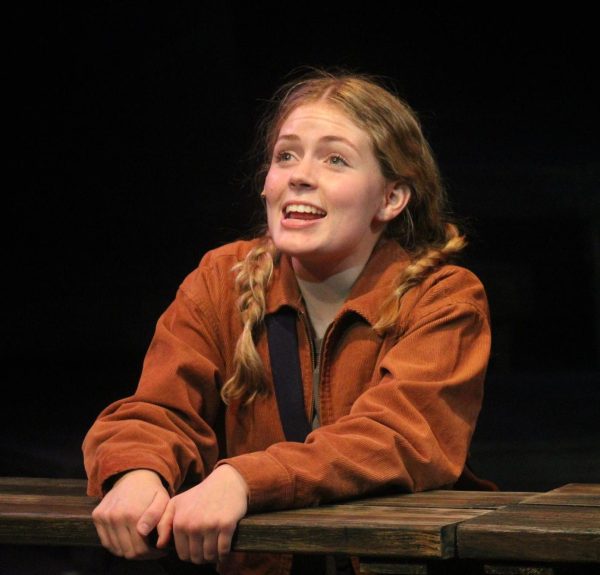
The collaborative intentions behind this endeavor were established early on in the writing process. With cast members not having past performances to reference, actors were able to work shop the characters in a supportive environment.
“Our first rehearsal was probably my favorite,” Delia Marianetti said. “The principal characters sat with [Bartram and Hill] and got to ask them questions. Preparing for a show that you have never heard or seen, and getting to sit with the writers of the show, was so, so cool.”
While performing a show that has never been done before is valuable for both the writers and actors, it can also be a daunting task. Cast members had to find alternative ways to approach memorization and establishing character motivation.
“One challenge a lot of the actors faced was not having anyone to look up to, not being able to study people who have played these roles before,” said Tara Fraud, sophomore and stage manager, “I think that also comes as a bonus, because they are able to make the characters really themselves. You can see how [the cast] took on their characters fully. Even people with doubles took their own unique take on it. It was cool to see how they were able to fully shape the character themselves.”
Actors were able to personally discover their character’s motivation and apply that to their performance. Because of this, students who were double casted were able to bring individualized perspectives to their character. Fischer, the only principal character who wasn’t double-cast, had the opportunity to experience the show in many different ways.
“The brilliant thing is that even though a lot of the people are double cast, every single person plays their character in such a unique way,” Fischer said. “Being able to be a part of different casts, I always got to play [my role] a different way, depending on my scene partner”
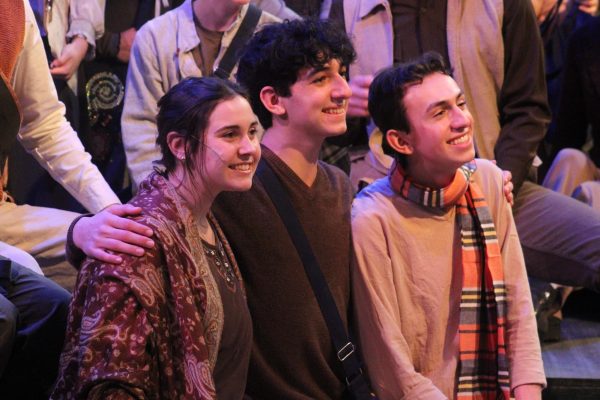
Fisher described how he had different notes for different casts, and how his motivation and energy depended largely on the inspirations of others on stage. It is this artistic personalization that brought the message of the show to life in the rehearsal process.
“Bringing light to darkness is definitely one of the themes [of the show],” Bartram said. “Bringing new ideas to people who aren’t necessarily welcome to new ideas, was something that made its way into the piece.”
The message of listening to new perspectives and learning from the experiences of others was not only an element on stage, but also motivated members of the York Drama program behind the scenes.
“Working with the people around you is super important, rather than a director or other students,” Dawson Dettman, senior, said, “Having access to such a big group of people, getting to see different perspectives on things, is very helpful.”
The way that members of York Drama respect and learn from one another is something that is very unique. It is also something that brings hope to the creators of the show.
“I swear we learn more from them than they do from us in some ways,” Bartram said. “These kids have added so much to the process. They have so much energy, they are so talented, and we are so lucky to be here with them. Everyone is so supportive of each other.”


